Matt Reeves' The Batman: Realism & Fantasy
How Matt Reeves Blends Gritty Realism and Iconic Fantasy in Gotham’s Dark World
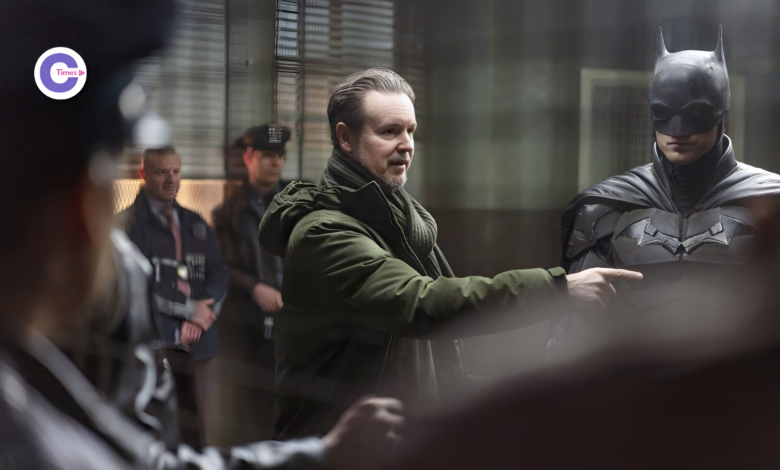
The world of Gotham that no other filmmaker, author, or artist, not any means, can reflect better than Matt Reeves, as he in his movie titled “The Batman“.
Famous for the successful combination of realistic and fantastic stories, Reeves presents the new vision of the Dark Knight and his equally dark city, which people like so much. It will be useful now to discuss how these elements have been achieved by Reeves in order to create a rather unique movie experience.
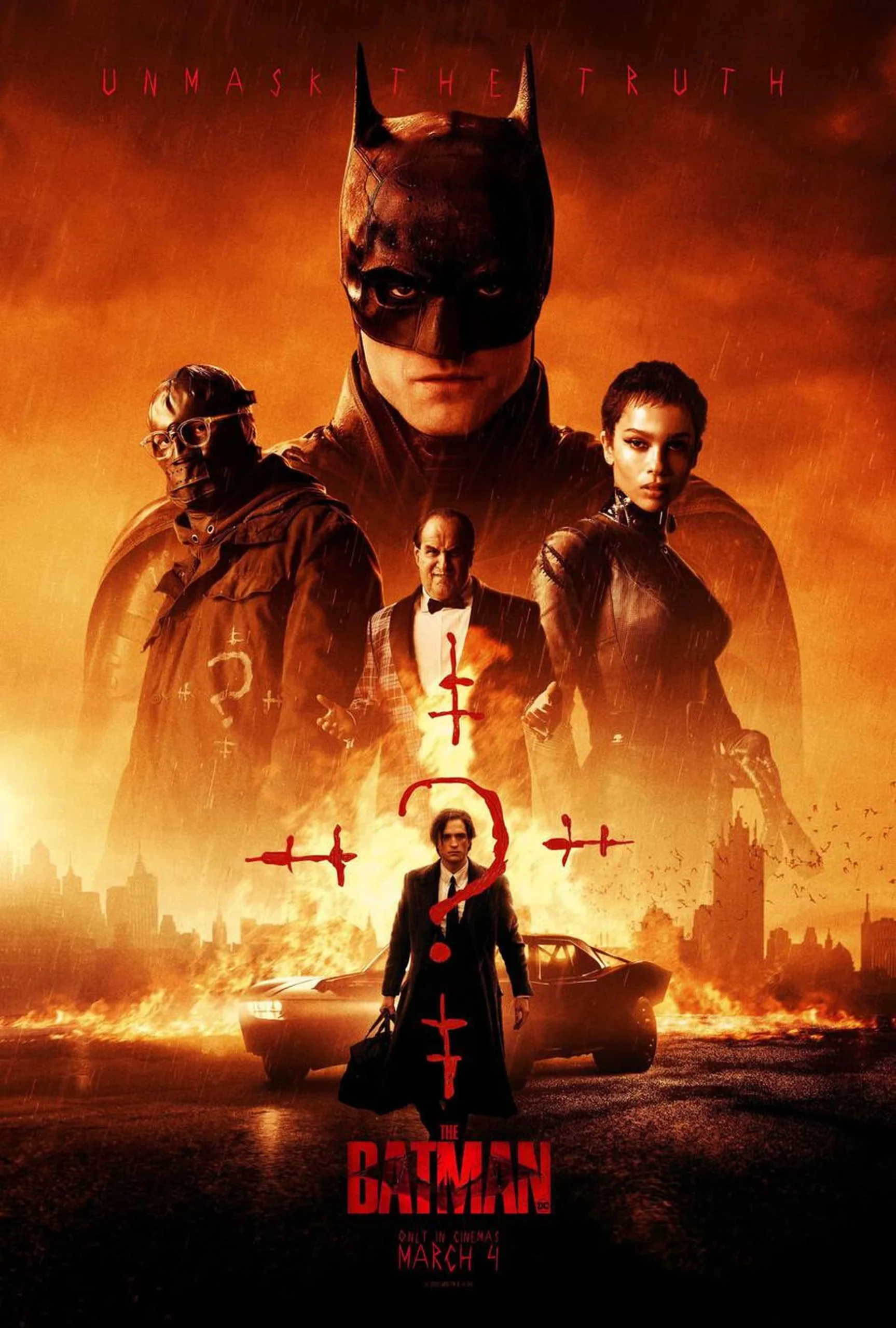
The Vision Behind “The Batman”
As far as Matt Reeves is concerned, his approach toward “The Batman” stems from the fact that he really wants to give a new spin to the classic superhero. Unlike other directors before him, Reeves’s vision was to make the world of Gotham City feel real and realistic while at the same time keeping the outlandish nature of Batman’s oste. They had this goal in mind: to produce a movie that was as realistic as it was fantastic and to capture the viewers and bring them into this reality.
Therefore, the Reeves’ concept was closely associated with the diverse cinematographic references, such as noir movies and the movies that belong to the psychological thriller genre. This combination of genres influenced the film’s mood and made it look like a detective film within the genre of the new noir syndrome in the superhero films. The consequence of such an approach is a movie that looks at the twisted soul of Gotham and its people while retaining the comic book adaptation perks.
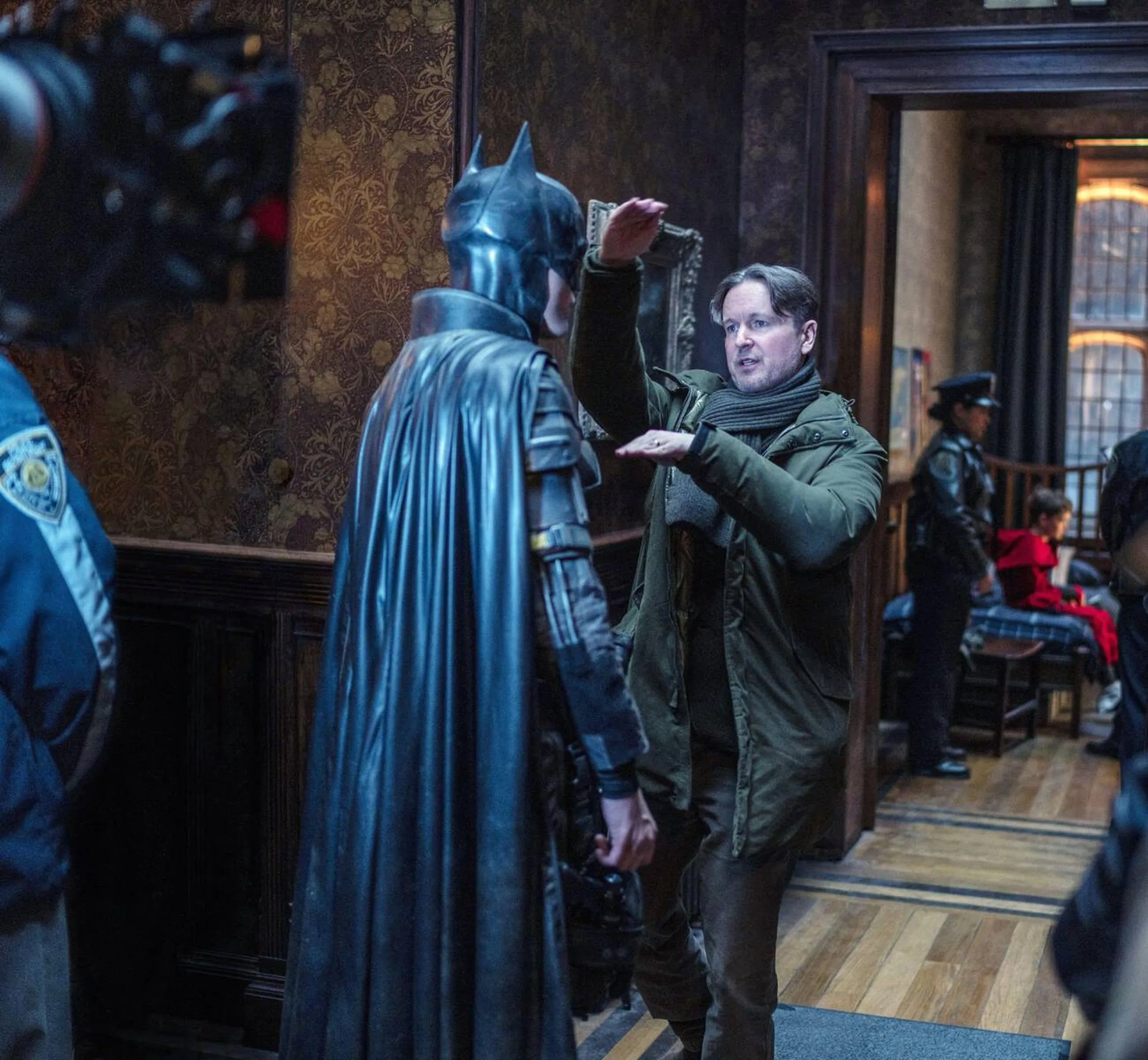
Creating a realistic Gotham City
Easily one of the more noticeable features of Reeves’ “The Batman” is the depiction of this film’s setting. It’s a familiar place and, at the same time, a series that reflects the reality of the world today.
To this end, Reeves, along with his team, pay much attention to the film’s production design to achieve this. Beginning with detailed little matters such as skyscrapers all the way to dirty back streets, all details were created intentionally to provide the realism of the movie. Practical sets and location shooting brought the cityscape aspect to life and made the viewer engaged with a real environment in the film’s setting.
The characters, or many of them, are portrayed in a realistic presentation; the setting for any fan of the TV show Gotham is definitely realistic. Reeves’ approach to the film captures the socio-economic strife and corruption of the city to depict its impact of the same within the society. Not only does it help to develop the richness of the plot, but roughly it contrasts with the fairy-tale motives so deeply rooted in the story.
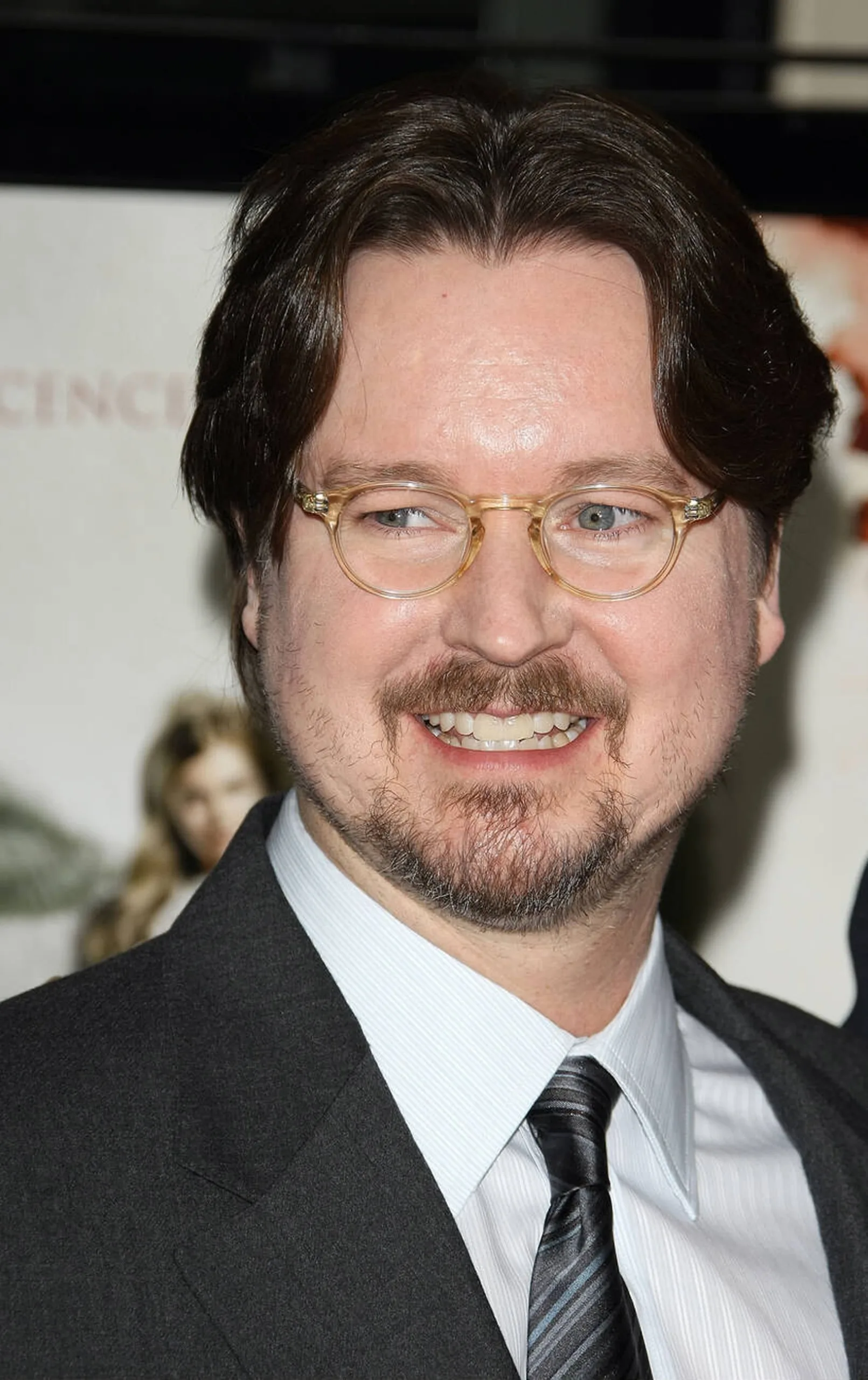
The Fantastical Elements of Batman
Even though “The Batman” has a lot of realism, it does not ignore the supernatural elements one can find in the Batman lore. All these elements are incorporated into the film by Reeves in a good manner without the aspect of gritty dominating the entire film.
One of the best examples of such an approach can be considered the character of Batman himself. Reeves shows Batman as a character with a multi-layered personality and rather a dark character. His gizmos, car, and fight moves all have a realistic touch with added features, which makes everything in Batman more real within the context of the movie. However, they still do not lose the touch of wonder that makes a superhero movie and turn it into a mere mythos.
The main characters of the movie, which are the villains—the Riddler and Catwoman—are shown in both the realistic and the mythical ways. Their motives and behaviors are understandable with respect to the film’s social and political setting; however, their characters are clear and vivid, and their plans are grandiose. These energetic interactions between the real and the fantastical hence make the programs engaging to the viewers.
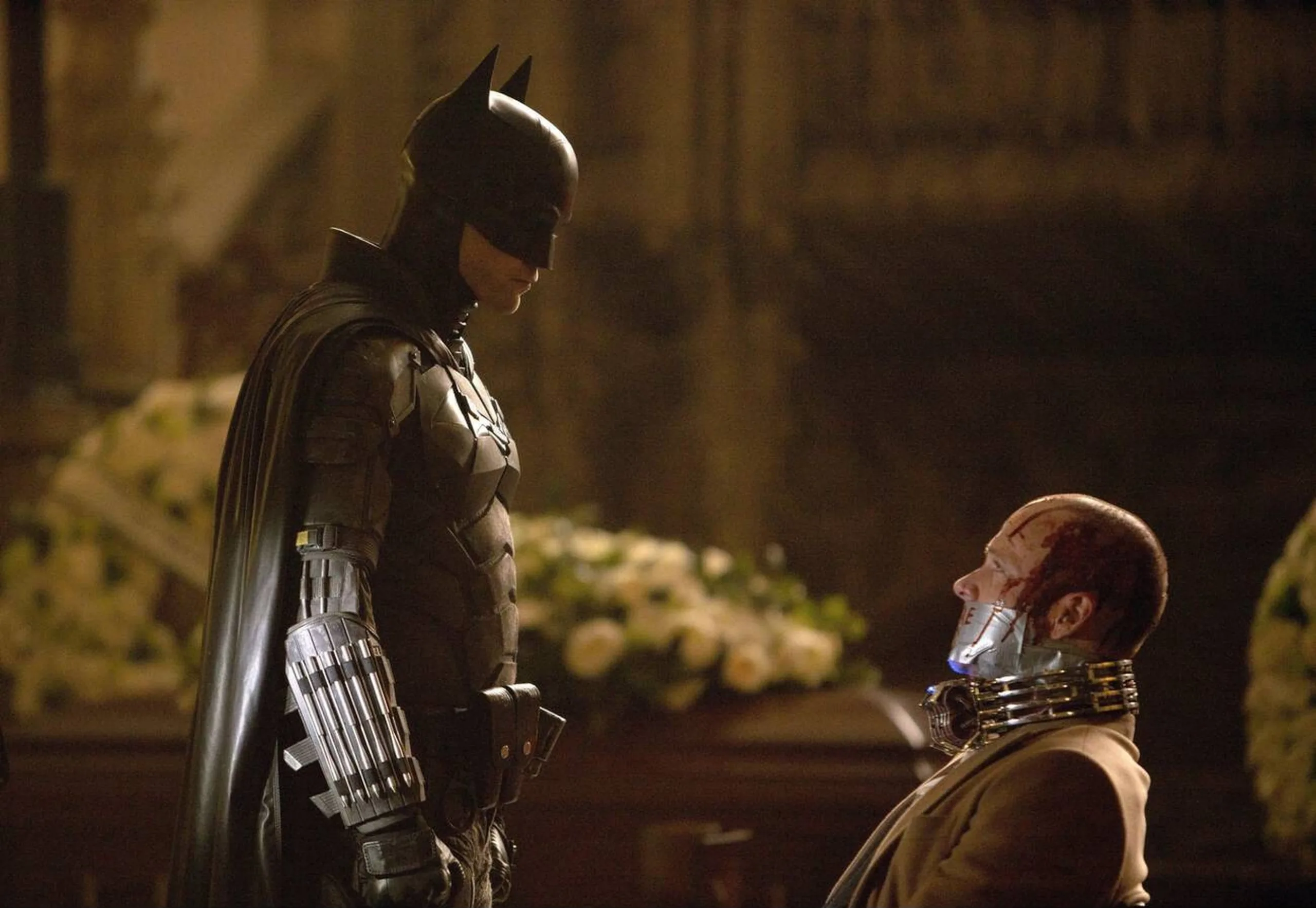
Cinematic Techniques and Influences
It is also in line with Reeves’ style of adding elements of realism with those of the fantasy world in his productions. The themes of the movie rely upon low-key lighting, dark color setting, and a complicated camera mimicked from the film noir movement. Besides, they are not only useful to build the mood of the movie but also to make essential contrast between the rough live-action Gotham and the fabulous aspects of the story.
Along with this, there is the score by Michael Giacchino that adds to the same balance with regard to the appearances of the characters. There is some great music that works with the magical as well as realistic aspects of the movie, maintaining the dramatic orchestration and the eerie and beautiful music. Music is also incredibly important when it comes to the creation of mood and the viewers’ introduction to the universe of “The Batman”.
[ Also Read: Top Animated Superhero Movies: Unmasking the Best in Heroic Animation! ]
Audiences Perceptions and Critics’ Response
It has been a success, with critics and the viewers positively commenting on Reeves’ fresh idea of “The Batman.” Some have even pointed out that portraying the city and the movie’s characters was very realistic and definitely gave the superhero film a new dimension. However, at the same time, the existence of fantastical features gives the audience the desired fun that a Batman movie should offer.
Not only the film’s success has made people start discussing what is going to happen to the genre of superhero movies. Reeves, who directs this film, can be credited for successfully walking the line between believability and larger than life, providing that new template of how a superhero movie can be believable and still be good in the realm of fantasy. This lens has encouraged other movie makers to gain greater insights on similar hybridistic mixes of real and imaginary in their own productions.
[ Also Read: Batman’s Foes: Ranking the Most Memorable Villains of Caped Crusader Season 1 ]
Share Your Thoughts!
Another film example that supports Reeves that the integration of different cinematic things into one appealing atmosphere is possible is “The Batman.” Sometimes it takes a touch of fantasy to show the reality, and that is what Reeves has managed to achieve through his Batman film. Regardless of whether you have been a loyal follower of Batman for many years or whether this is your first time being exposed to the universe of Gotham, then excess is what you will get here.
What did you like or dislike about Matt Reeves’ vision of the city of Gotham? If you feel so, do you find the shifts between realism and fantasy as effective as I do, or did you view it in an altogether different way?
You can share your comments on this post in the section at the bottom of this page. We would appreciate your comments and ideas or further discussion on this unprecedented movie!




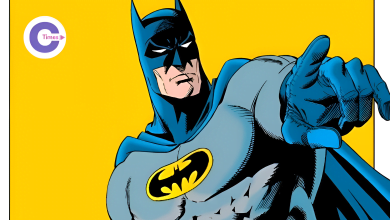
[…] Also Read: Matt Reeves on The Batman: Balancing Realism and Fantasy in Gotham […]
[…] [ Also Read: Matt Reeves’ The Batman: Realism & Fantasy ] […]